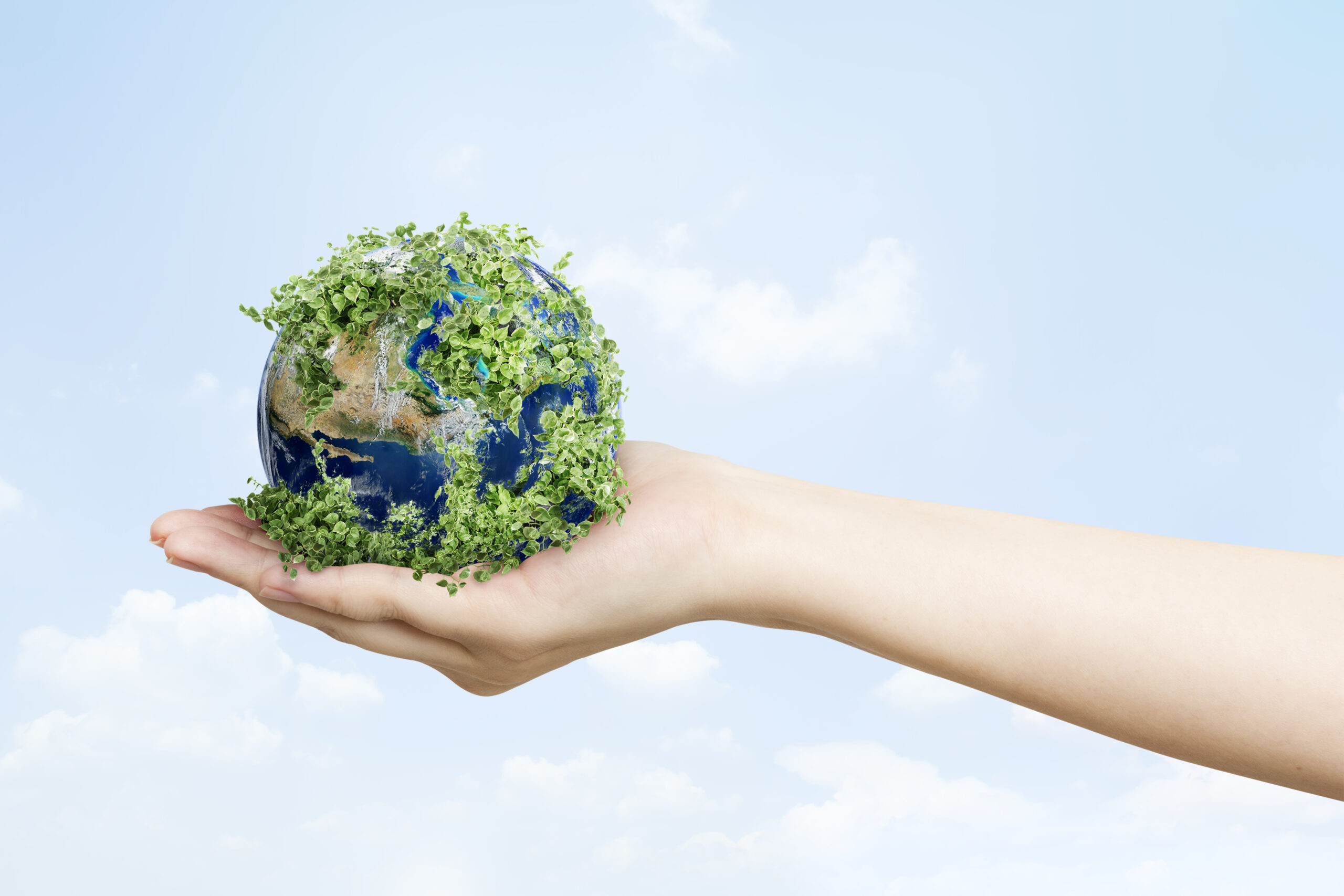The Importance of Protecting Our Planet
Protecting our planet is crucial for the survival of our civilization. The environment is complex and dynamically interconnected, and every action we take has an impact on it. The use of fossil fuels, deforestation, overfishing, and the release of greenhouse gases into the atmosphere is leading to environmental degradation and climate change. If we continue to ignore the problem, the consequences will be catastrophic.
The Consequences of Environmental Degradation
Environmental degradation has many negative consequences. The loss of biodiversity, pollution of waterways, and the destruction of habitats are just some of the many ways in which we are harming our planet. The effects of environmental degradation are not confined to the natural world, however. There are also many social, economic, and political consequences.
Social Consequences
The social consequences of environmental degradation are significant. Poor air quality, contaminated water, and the loss of natural resources can have a direct impact on human health. The most vulnerable populations, including children and the elderly, are often the most affected. Climate change will also lead to an increase in natural disasters, such as hurricanes, floods, and droughts, which will impact millions of people.
Economic Consequences
The economic consequences of environmental degradation are also significant. The loss of biodiversity, for example, can lead to a decline in tourism, which is a significant source of revenue in many countries. Pollution of waterways can also harm industries that rely on clean water, such as fisheries and agriculture. Climate change will also lead to economic impacts, such as an increase in insurance costs and a decrease in crop yields.
Political Consequences
Environmental degradation can also have political consequences. When natural resources become scarce, it can lead to conflict between different groups. The rise of nationalism and the anti-immigrant sentiment is also linked to environmental degradation, as climate change is causing people to migrate due to changes in weather patterns and the loss of land. Climate change is also causing political instability in some countries, as governments struggle to provide services to their citizens in the face of natural disasters.
What Can You Do to Protect Our Planet?
Protecting our planet is not solely the responsibility of governments and corporations. Every action we take in our daily lives has an impact on the environment. Here are some things you can do to reduce your impact on the environment:
Reduce Your Carbon Footprint
The most significant contributor to climate change is the release of greenhouse gases into the atmosphere. You can reduce your carbon footprint by:
- Driving less and using public transportation, biking, or walking instead.
- Using energy-efficient appliances and light bulbs.
- Lowering your thermostat in the winter and raising it in the summer.
- Consuming fewer animal products, as the production of meat and dairy is a significant source of greenhouse gas emissions.
Reduce Waste
Reducing the waste you produce is crucial for protecting the environment. Here are some ways you can reduce your waste:
- Use reusable containers, bags, and water bottles instead of single-use products.
- Recycle as much as possible.
- Compost food waste to reduce the amount of organic matter going to landfills.
- Avoid purchasing unnecessary items that will eventually end up in landfills.
Conserve Water
Water is a precious resource that is becoming increasingly scarce in many parts of the world. Here are some ways you can conserve water:
- Fix any leaks in your home.
- Install low-flow showerheads and faucets.
- Water your lawn and plants during the early morning or evening to reduce evaporation.
- Collect rainwater for use in your garden.
The Role of Governments and Corporations in Protecting the Environment
While individual actions are essential, governments and corporations also play a significant role in protecting the environment. Here are some of the ways governments and corporations can make a difference:
Government Action
- Implement policies that encourage conservation and sustainability, such as tax incentives for energy-efficient buildings and renewable energy.
- Create laws to regulate emissions from vehicles and factories.
- Invest in public transportation and biking infrastructure to reduce reliance on cars.
- Protect natural resources through the creation of parks and protected areas.
Corporate Action
- Invest in renewable energy sources, such as solar and wind power.
- Implement sustainable business practices, such as using recyclable materials and reducing waste.
- Design products that are eco-friendly and can be easily recycled or repurposed.
- Reduce greenhouse gas emissions from factories and other operations.
The Benefits of Protecting the Environment
Protecting the environment has many benefits, both tangible and intangible. Here are just a few of the benefits of protecting the environment:
Improved Health
Reducing pollution and waste can lead to improved human health. Clean air and water are essential for good health, and reducing the use of fossil fuels can reduce the prevalence of respiratory and cardiovascular diseases.
Economic Benefits
Investing in renewable energy and sustainable business practices can lead to economic benefits. These include the creation of new jobs in the renewable energy sector and reduced healthcare costs due to improved air and water quality.
A More Resilient Planet
Protecting the environment can also make our planet more resilient to natural disasters and climate change. The restoration of natural habitats can reduce the impact of floods and droughts, while the reduction of greenhouse gas emissions can slow down the rate of climate change.
Summary
Protecting our planet is essential for the survival of our civilization. Every action we take has an impact on the environment, and we must each do our part to reduce our impact. Governments and corporations also have a significant role to play in protecting the environment, and investing in renewable energy and sustainable business practices can lead to economic benefits. Protecting the environment can also improve human health and make our planet more resilient to natural disasters and climate change.
